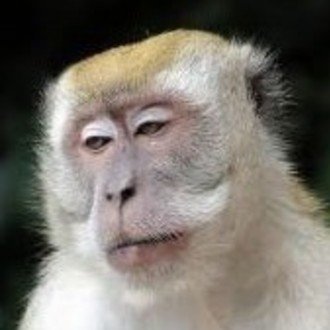
My heart was shaped in Ginza.
I think it’s around the time from middle school to high school that the framework of one’s heart takes shape, and flesh and blood start to form around it.
It’s a time of encountering all kinds of things—people, objects, music, movies, books... It’s an era when these influences become part of you, raw and unfiltered. If that’s the case, then maybe people are already shaped by the time they finish high school, and beyond that, they don’t really grow or change much.
For me, my middle and high school years were all about Ginza and Yurakucho. Music, people, movies, books... I found them all in this city.
There was the small "Chuo Gekijo" movie theater on the fifth floor of Toho Theater. The "Meigaza" theater under Mihara Bridge, which constantly switched between screening classics and showing adult films. And ATG at Nichigeki. I saw everything in Ginza’s theaters—Visconti, Godard, Eisenstein, you name it.
Then there was "Gin Paris," where I worked as a boy for Jojo Takayanagi. "Junk," where Gen-san was running the show. And "Grand Cabaret Hollywood," "Cabaret Uruwashi," "Crown," and "Shiroi Bara"—these were the places where I experienced live jazz.
Records were another passion. There was the jazz café "Roku" and the back-alley shop "Oreo" in Itchome. It was around my second year of high school when Matsuzaka-san started publishing Jazz Critique magazine. And I practically lived at "Mama" in Yurakucho, as well as "Oro," a spot further inside where you could play EP records on a jukebox.
After Subaru Street got demolished, Oro relocated under the Yamanote Line near the Imperial Hotel and briefly operated as a Chinese restaurant. Back when it was in Subaru Street, the place was run by two enigmatic sisters. They later started the Chinese restaurant under the railway, and I kept going there for years.
One day, long after they’d aged, one of the sisters quietly told me, "Our father went to Taiwan with the National Revolutionary Army, and from there, we came to Japan. We were born in Shanghai, you know." It was still an era when the postwar past was very much alive.
Facing Showa Street was "Nile Restaurant." Mr. Nile had worked as an interpreter for Dr. Pal at the Tokyo Trials. Before that, he had been a disciple of Shumei Okawa, so during the war, he must have had countless untold stories of his own. My mother had been a regular at Nile Restaurant, and even in my time, you’d sometimes see extraordinary people casually stepping out of limousines to dine there.
Alongside "Mama," another place I frequented almost daily was "Hunter Records," both the one in the basement of the Sony Building and the one on the second floor of Ginza Five under the expressway. Since a lot of U.S. soldiers stationed in Japan would sell off their LPs before heading back home, these stores always had a steady trickle of records coming in. And because they were dirt cheap, I was there all the time, building up my collection.
いいなと思ったら応援しよう!

